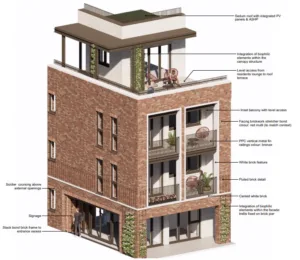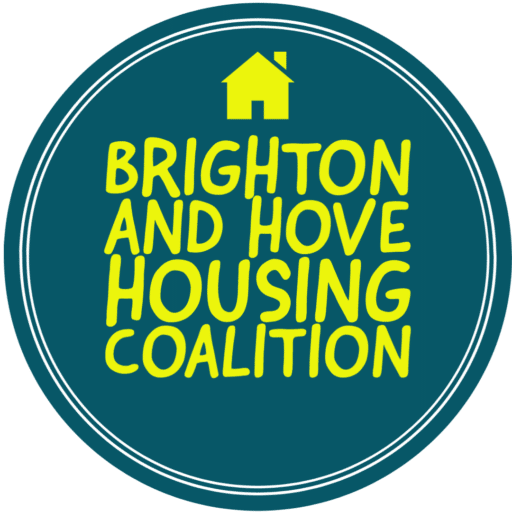
Introduction
Knoll House Plan Does Not Add Up , Says Campaigner
The recent decision by Brighton and Hove Council to demolish Knoll House, a council-owned block of properties in Hove, has ignited deep concerns among residents. This move not only disregards the social value of the existing infrastructure but also highlights a troubling lack of community consultation. With a pressing need for wheelchair-accessible homes and the potential displacement of vulnerable individuals, it is crucial to examine the decision-making process and hold the council accountable for their actions. This article delves into the rich history of Knoll House, explores the implications of the demolition plan, and sheds light on the urgent need for community involvement.

A Rich History:
Knoll House, situated in the Knoll estate, has stood since 1983. Its construction coincided with an era of significant development in public housing. In the 1920s, Hove Council purchased 56 acres from Brighton Council and erected over 460 houses, with plans for an additional 100. Following World War II, 58 more houses were added to the estate. This history underscores the important role Knoll House and the wider estate have played in providing affordable housing for the community.
Unoccupied Potential:
Despite its historical significance and potential as a vital resource for addressing the city’s homelessness crisis, Knoll House has remained unoccupied by social housing tenants for an extended period. This begs the question: Why has the council overlooked the opportunity to utilise this facility as in-house supported accommodation? While homeless individuals have been placed in Eastbourne and the notorious Kendal Court, where cases of neglect have tragically led to deaths and suicides, the underutilisation of Knoll House remains a baffling oversight.
What the council did do during this time was use the site as a Property Guardianship, housing front line Key workers, of which almost 40 were evicted last year with just a few hours notice.
A Call for Social Value:
The dire need for support among the homeless population is well-documented. Many of the 43 individuals who tragically lost their lives last year were on waiting lists for critical support services that were never provided. Instead, they were placed in overcrowded shared facilities that proved ineffective. Knoll House could have offered a mixture of high and low support, potentially accommodating specific needs such as providing separate floors for women and men. The council’s failure to consider this option raises concerns about their commitment to social value and the duty to house and support those in need.
Flawed Decision-Making Process:
The decision to demolish Knoll House appears to have been made hastily and without due consideration. In the January 2020 Health and Wellbeing Board Meeting, the focus was primarily on refurbishment as the preferred option. This decision was supported by the presence of court notices mandating the provision of wheelchair-accessible homes with local support services. However, the subsequent deviation from the agreed-upon refurbishment plan in favour of demolition raises serious doubts about the decision-making process.
Lack of Community Consultation:
One of the most disconcerting aspects of the council’s approach is the lack of meaningful community consultation. Local residents, who have a vested interest in the future of Knoll House and the well-being of their community, were not given a genuine opportunity to voice their concerns and preferences. The council’s failure to engage in transparent and inclusive consultation demonstrates a disregard for the opinions and insights of those directly affected by the decision.
The Urgency for Wheelchair-Accessible Homes
It is crucial to acknowledge the pressing need for wheelchair-accessible homes in the community. Knoll House, with its existing accessibility features, stands as a valuable asset in addressing this critical need. The decision to demolish the building without a comprehensive plan to replace the accessible infrastructure shows a lack of understanding and consideration for the rights and well-being of disabled individuals in the community.
Conclusion: Advocating for Social Value and Community Consultation
The decision to demolish Knoll House and embark on a costly reconstruction project raises significant concerns about social value and the Brighton and Hove Council’s commitment to community consultation. It is imperative that the council reevaluates its approach, prioritises community input, and adheres to a transparent decision-making process. By engaging in meaningful consultation and revisiting the original refurbishment plans, the council can demonstrate their commitment to serving the best interests of the community while addressing the pressing need for wheelchair-accessible homes.
The Brighton and Hove Council must recognise the importance of social value and community consultation in ensuring equitable and inclusive decision-making processes. By doing so, they can effectively address the urgent housing needs of the community, respect the rights of disabled individuals, and foster a more inclusive society that prioritises the well-being of all its residents.

